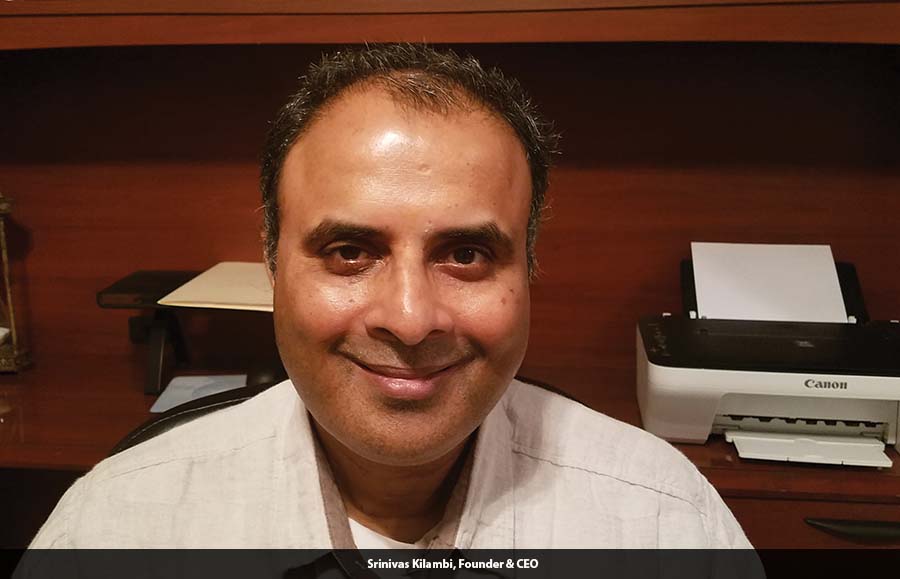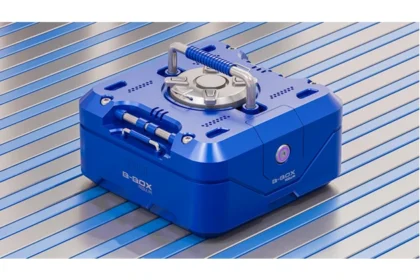Within the next year, the 21st Century Cures Act and CMS Interoperability and Patient Access Final Rule will change how medical records are shared among patients, providers, and payers. Payers will need to provide members and other payers access to claims, encounter, and clinical data in their possession.
Care Providers will need to give patients access to their medical record information too. In addition, these new expectations prohibit information blocking and require health IT developers to support data access through standard Application Programming Interfaces (APIs). Payers and Providers must ensure their information systems can communicate with third-party app users, including consumer health apps.
The new regulations aim to give patients full access to their health information as a catalyst to move the healthcare system towards greater efficiency and effectiveness. Although the 1/1/2021 deadline for ceasing information blocking and offering new standard APIs has been extended due to COVID-19 until 7/1/2021, the industry is mobilizing to meet these ambitious deadlines. Compliance with these new regulations promises to accelerate information exchange across the healthcare ecosystem.
Impacted organizations are working quickly to understand the rules and establish their strategy. As IT budgets are being reconsidered and new priorities are being set, many organizations are seeking to capitalize on the opportunity to deploy new technology that improves care coordination while reducing administrative burden, and creates a better patient experience and better health outcomes while reducing the cost of care.
Giving consumers easier access to their health data via secure, self-service apps and digital tools may significantly change the way healthcare works. Extending traditional care management programs to include on-demand scheduling, home speaker integration, remote monitoring, and programs that address social determinants of health will expand the care management ecosystem. Relationships between payers, providers, and patients may change through new levels of connectivity and information sharing.
While planning and budgeting are necessary and strategizing imperative, meeting compliance dates are the top priority. Many organizations are seeking available technology that can be deployed more rapidly, reduce the cost of development, and minimize the cost of ongoing maintenance. They are seeking technology partners with knowledge of the specifications and experience deploying API solutions.
Given the widespread impact of the mandates, organizations that do not move quickly may face a shortage of resources and unwanted delays that put implementation and testing deadlines at risk. Thinking backward to establish milestones, if an API needs to be implemented by July 2021 then it needs to be in deployment by June 2021 at the latest, tested and validated by April 2021, developed by January 2021, architected by November 2020, and planned out in October 2020.
Picture
| Sep 20 | Oct | Nov | Dec | Jan 21 | Feb | Mar | Apr | May | Jun | July 21 |
| Partner | Plan | Analyze | Architect | Develop and Test | Validate | Deploy | Done | |||
Logically that means the time to act is now.
Leveraging the 21st Century Cures Act-ready technology is the best bet for organizations seeking to meet these aggressive compliance timelines. Starting from scratch is too risky and too slow.
MaxMD offers technology built with valuable deep industry experience and leading-edge standards-based knowhow. Utilizing solutions such as these will enable Payers to meet compliance requirements and leapfrog the competition.
The Clinical Gateway Solution is an information-sharing solution that effectively manages and directs data flow with external parties. It is an on-off ramp that lets clinical data flow in and out of the payer’s existing data environment to rapidly achieve interoperability readiness.
The Clinical Gateway Solution automates clinical data validation with customizable data quality requirements to reduce data quality issues and minimize administrative burden for both payers and providers. It includes a rules engine to automate workflows that reduce the administrative burden associated with acquiring high-quality clinical data.
The MaxMD App enables patient/members app to request health records through these new APIs making information exchange easier, faster, and cheaper to accomplish. It gives access to claims, encounter, and clinical information for patients and it opens new channels of communication for payers and providers to interact directly with patients to enhance the patient’s experience, lower the total cost of care, and deploy strategic capabilities that go beyond simple compliance to create meaningful market differentiation.
Contact MaxMD today to learn more about the technology and know how you need to make meeting Cures Act compliance mandates a valuable part of your strategic plan and a pathway to improved future performance for your organization.









